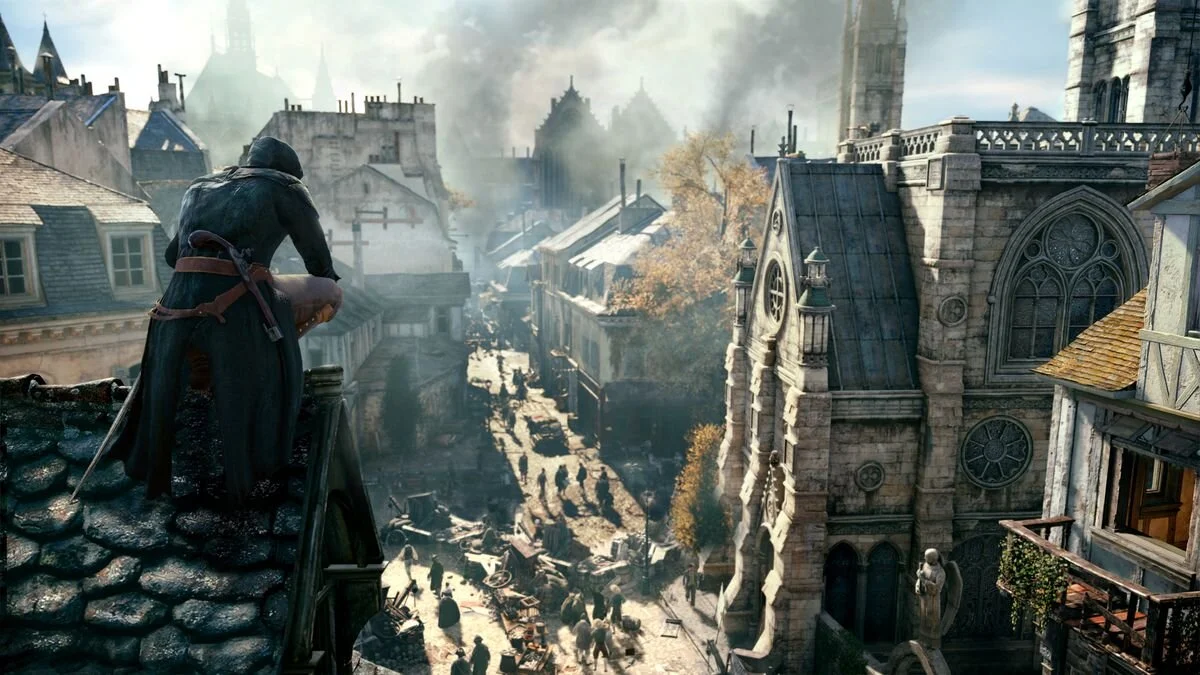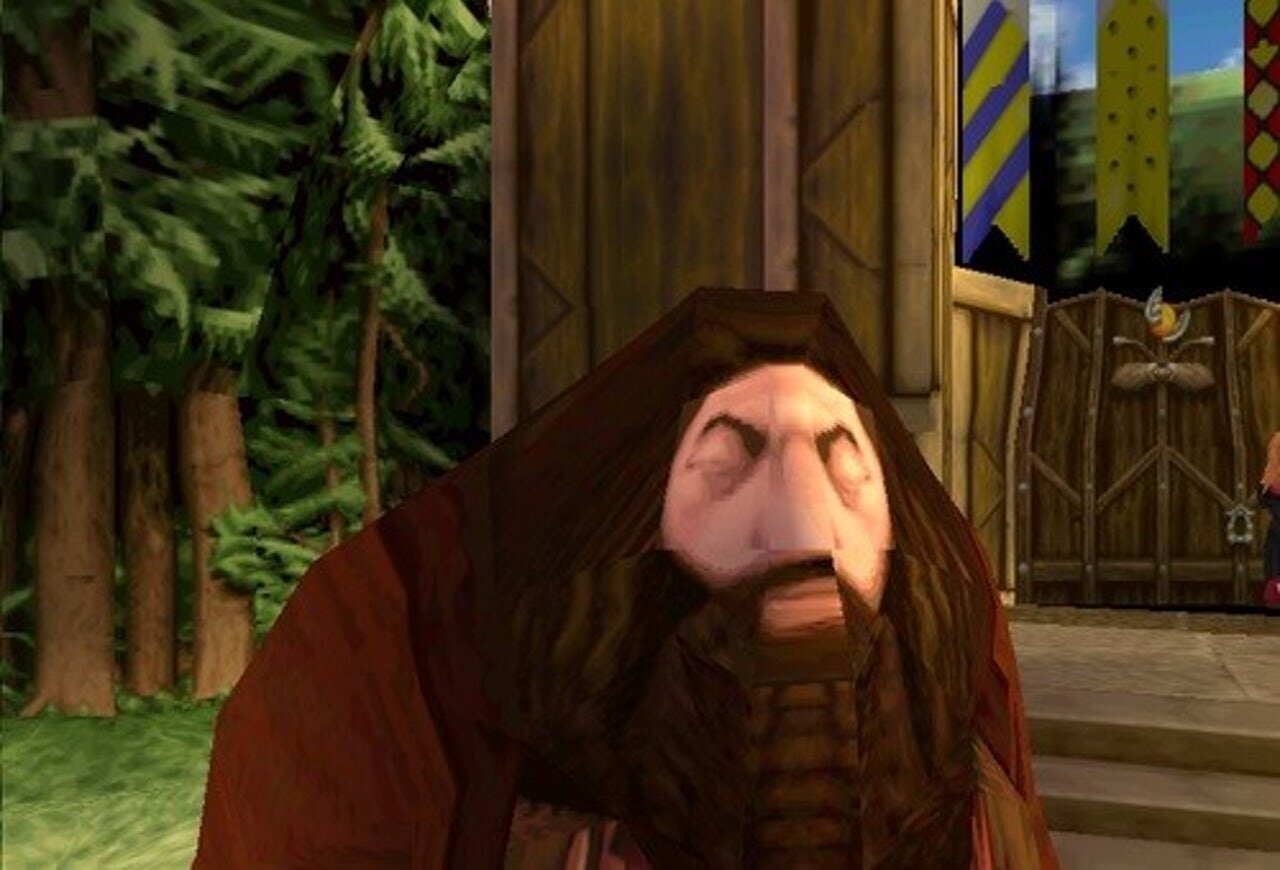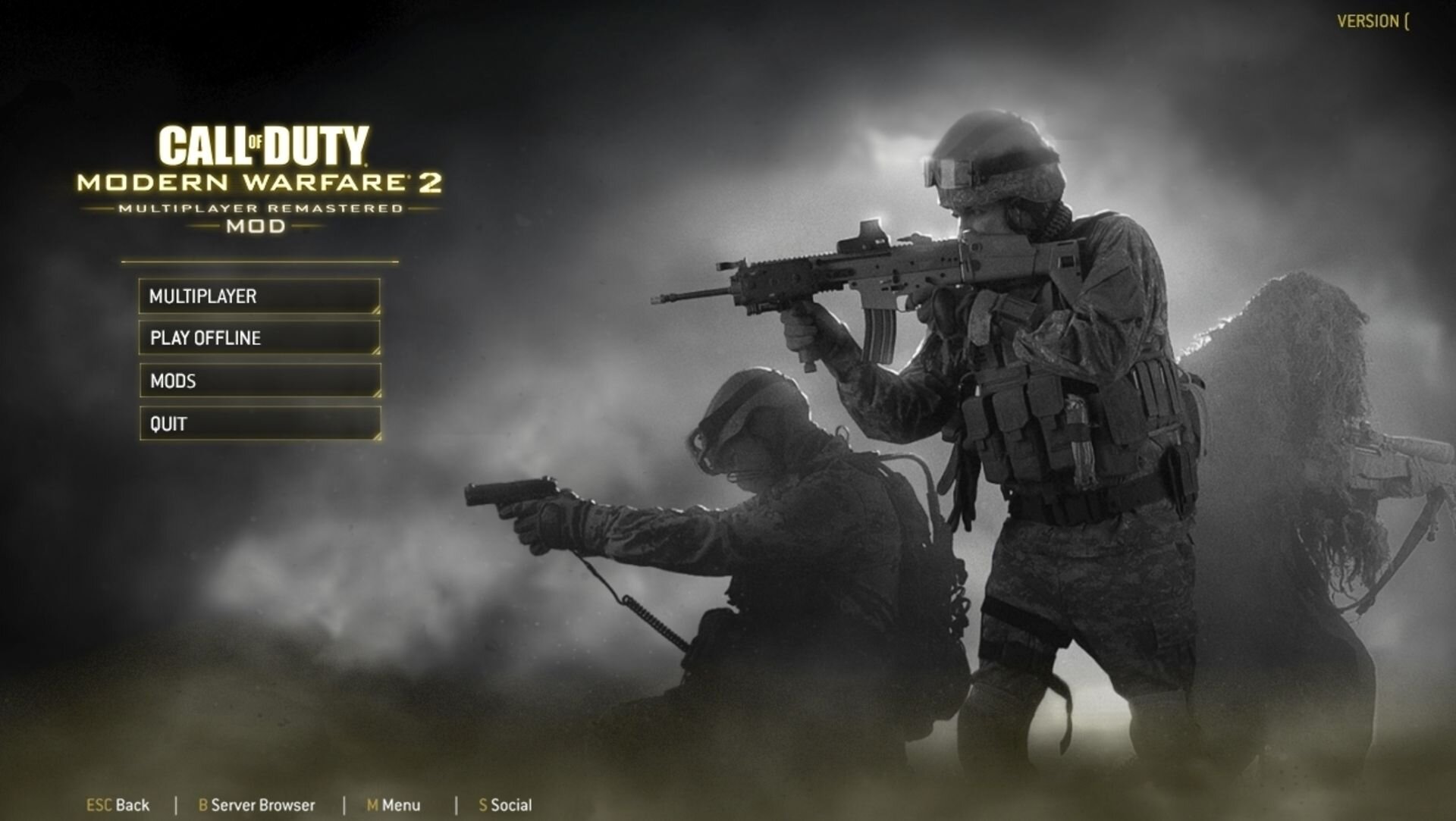Issy van der Velde and Changing Your Relationship With Video Games | Winter Spectacular 2020
Oh, PS1 textures. I do miss your swimmy kinda crappy nature.
I honestly don’t remember a time in my life before I played video games. My stepfather helping me with the Quidditch practice in Harry Potter and the Philosopher’s Stone is one of my most prominent early memories. By the time I was seven or eight video games had grown in complexity to the point my parents couldn’t help me anymore; If a level was too tough for me, it was definitely too tough for them. Eventually, time spent playing games with my parents turned into me playing alone in my room.
In Year 9, when I was 14, Modern Warfare 2 came out, and I’d just gotten wireless broadband. Gone were the days of playing alone, or asking friends over to play splitscreen. That was also the glorious year that the SATs were cancelled. That whole year followed a singular structure: get home from school, play COD, eat dinner, play COD, go to bed, go to school, repeat. It was great. No one was ever really concerned with their own popularity at my all boys school, but now we were all ranked by our K/D ratio.
But do you remember how much fun it was to 1v1 your friend on Terminal?
A year or so later and games became a great distraction from my parents splitting up. I think that pleased my mum, as at least they “kept me off the streets”. Games can definitely be great to take your mind off things and unwind, but this began an unhealthy coping mechanism of mine, where I’d recede into a fantasy rather than deal with my issues.
Errr, can I have melted-face-Hagrid back?
When I first got to uni I hated my degree, back when I studied engineering. I spent most of my time socialising rather than worrying about what kind of cement was most cost-effective. I brought my PS3 with me and a girl in the neighbouring flat had a PS4. I spent many evenings watching her play Assassin’s Creed Unity, and blew my second term loan on a PS4 of my own. She’s engaged now - so adult - and whenever I see that she’s online I’m taken back to those first-year days of play.
In my third year of uni - first of my new film degree - I’d play Killing Floor 2 while Run The Jewels thumped too loud out of my speakers. I sat on the edge of the bed I’d shared with friends and my not-really-but-basically-in-all-but-name-girlfriend, still reeling from the isolation that followed our breakup. Blasting zombies and listening to angry hip-hop was therapeutic, but it was lonely. I stopped playing with her housemates, who had become my core group of coop partners, and I felt pretty fucking miserable.
My fourth year - second of film - was rough. I’d all but stopped playing games, I didn’t have the energy or concentration for them, much less the energy to pour into them. My room had some junk from the previous tenant in it, and my TV served as a divider. If I ever looked beyond the screen I could see the state of my room, - and my life - so I didn’t look beyond it; I sank into the screen. My PS4 was only used for Netflix, gently putting itself into standby mode most nights as I fell asleep in front of Archer or Always Sunny.
I eventually finished my undergrad and got onto an MA course for film. Funnily enough, despite everything, it’s lockdown that brought me back to games in a big way. It helped I moved in with my two best friends and we had all our consoles in the living room so we could all game together. I feel like a prick for saying this, but lockdown was honestly the best thing that could have happened to me this year. I couldn’t waste time or money in bars or clubs and I didn’t have to spend an hour a day on busses. It was the perfect reason to just stay home and get my dissertation done. With outside distractions gone - read: made illegal - I had no choice but to return to video games for entertainment, only now, it felt like the right thing to be doing. Maybe it was that I wasn’t viewing them as a waste of time, or the fact I felt a warm feeling of civic duty wash over me; by staying inside. Finally, all the guilt I’d built up over the years of using games and films and TV to avoid schoolwork, or relationship problems, or my life falling apart could fuck off. I was doing my uni work and I was at the start of a great relationship, so there was no need for me to feel bad when I picked up a controller. I was still pretty broke though, so instead of buying new games, I decided to dive back into older titles.
This game was directed by Tetsuya Mizuguchi? *feigns shocked voice* NO!
Playing the games I loved as a kid flooded me, all the happiness they used to bring me came back again. Child of Eden helped massively with this; the pure sensory overload that game illicits is a special kind of magic only video games can wield. I didn’t realise just how bad my relationship with the medium had gotten until I re-experienced games with the same sense of wonder and joy I had years ago. I used to play games for a new experience or to mess around with friends; that changed into an unhealthy escapism and, ironically, associations with my low points. Returning to the games of my childhood helped me reconnect with those initial feelings. The enjoyment I was getting from the guilt-free time I could spend playing games - and the radical socialist literature I was reading for my dissertation on cyborg feminism - really solidified my belief that if I had to work for the rest of my life, I should work in a field I love.
I’m not being hyperbolic when I say that games have become the dominant part of my life this year. I started streaming when my housemates bought me The Last Of Us Part II for my birthday. I openly wept several times during the course of playing and having that emotion so exposed felt quite freeing. I wrote a dissertation comparing the representation of cyborgs in films and video games and how that constructs masculine identity; I got my best grade this year and some of the nicest feedback I’ve ever had off the back of that. I got weirdly into Yahtzee on the Switch - me and my housemates are incredibly competitive. I started writing more for my uni paper, the Boar, and for startmenu. Shortly after graduating I even landed my first paid gig as a list writer for TheGamer!
It a good things video games are here to distract from the problems of reality. Oh hey, what’s the Last of Us about?
Oh…
This year has changed a lot about the way people view technology. Instead of being this scary thing that prevents us from connecting, many have only been able to communicate via video calls or game lobbies. I think seeing the way people were using technology to actively help them, rather than using it to just run away helped me start to undo some of the more negative associations I’d built up with myself and gaming. The whole year, I’ve tried to make the best of the situation, just like everyone else, and I think that was a good lesson for me to learn.
My relationship with games had become a bit toxic for a few years and it took all of this year for me to unmake those associations. Sure, when I game I’m somewhere else, but not because I hate where I am anymore. Am I now just dependent on games in a different way though? To some extent, yeah. I need to write about them to make money and I play them to relax and socialise, but instead of being a crutch, it’s a support, a tool. Even though they take up more of my time than ever before, it feels healthier than it used to. I think what I’m trying to get across is that balance looks different for everyone and it’s important that from time to time we actually take a step back and look at our relationship with things, not just games.











